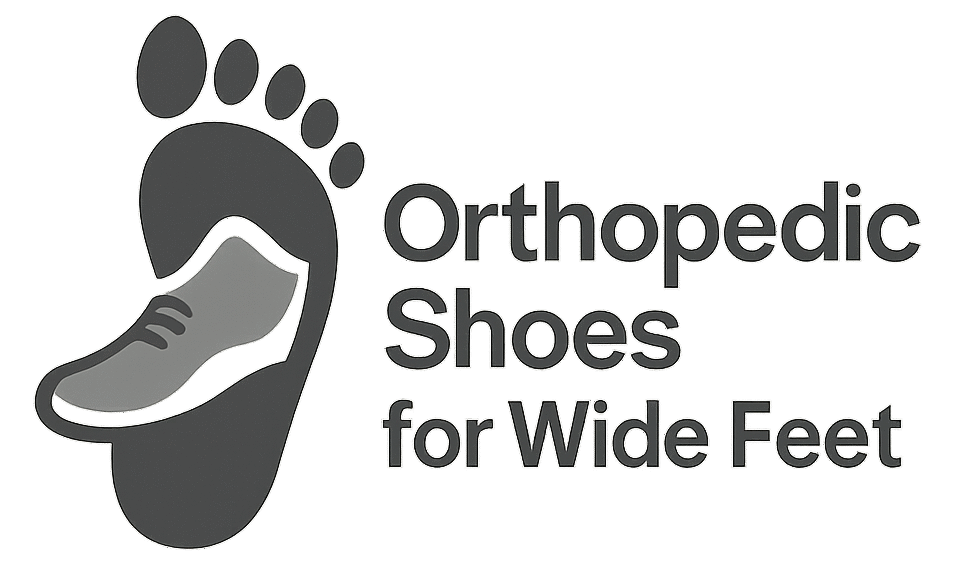
Neuropathy can be a heavy word to chew on, but understanding it is the first step to managing it better. At its core, neuropathy means there’s some nerve damage that’s usually causing that tingling or numbness in your feet. Think of it as your nervous system throwing a bit of a tantrum.
There are different types of neuropathy, with varying effects on foot health. Peripheral neuropathy, for example, messes with the nerves outside your brain and spinal cord. Diabetes often leads to this, but it’s not flying solo on the causes list—alcoholism, infections, and more can join in.
Folks dealing with neuropathy often face some pretty tough challenges. Imagine having less feeling in your feet, and suddenly day-to-day stuff like walking or grabbing a pair of socks becomes tricky. Losing sensation can lead to unnoticed injuries or sores, which can then turn into bigger issues.
Catching neuropathy early is super valuable. Regular check-ups can help you spot the signs quickly, so you can take steps to protect your feet. Staying in front of any changes by managing symptoms or even slowing progression is a game-changer, and that’s where foot care becomes your new best friend.
The Role of Orthopedic Shoes in Neuropathy Management
If dealing with neuropathy feels like you’ve been stepping into the unknown, orthopedic shoes might be the saving grace you didn’t know you needed. These specialized kicks are crafted to help lessen the chaos that neuropathy brings along.
The science behind orthopedic shoes is pretty neat. They’re designed to improve the alignment of your feet, reduce pressure, and provide some much-needed support. This can lead to less pain and an overall smoother experience while walking.
Look for features like cushioned soles, extra depth for custom orthotics, and supportive arches. It’s like finding the secret sauce that helps keep foot woes at bay.
Research backs up the buzz around these shoes. Studies show significant improvements in comfort and foot function for people with neuropathy. This isn’t just hearsay—it’s backed by numbers.
Want to know if these are for you? Patient stories are a goldmine. Many have found relief and a better quality of life just by swapping their old shoes for orthopedic ones. Real people, real results.
Finding the right pair may require some trial and error, but once you land on the perfect fit, it might feel like stepping onto clouds. Seek advice from trusted specialists to ensure you’re lacing up what’s best for you.
Foot Care Tips for Individuals Living with Neuropathy
Caring for your feet when living with neuropathy is more about small daily habits than big gestures. First off, get into the routine of checking your feet daily. It may sound like overkill, but keeping an eye out for injuries or sores means striking while the iron’s hot.
When it comes to washing, make sure to scrub gently and dry thoroughly. Moisture stuck between your toes can become a breeding ground for troubles, so handle your feet with care after every wash.
Exercises to strengthen your feet can be game-changers. Simple workouts like toe curls and ankle rotations help keep muscles in ship shape, amplifying your confidence with every step.
The right socks matter more than you might think. Opt for moisture-wicking and seamless ones to protect your feet from unnecessary friction and keep them cool.
Never skip out on consultations. Your podiatrist is like your foot’s best friend, offering tailored advice and checking for anything amiss. They can help customize your care, recommend specific exercises, or suggest adjustments to your routine.
Through consistent care and attention, each step becomes a victory. Embrace this proactive approach to foot care—it’s one of the best gifts you can give your feet.
Creating a Neuropathy-Friendly Lifestyle: Steps Toward Improved Quality of Life
Incorporating orthopedic shoes into your daily routine can spark a positive shift in how you handle neuropathy. It’s like upgrading your lifestyle with comfort as the main theme. Once those orthopedic shoes enter your life, maintaining steady and stable mobility becomes more achievable.
What’s on your plate affects more than just your waistline. Neuropathy has a bit of a sweet tooth for nutrition, so focusing on a diet rich in vitamins and omega-3s can boost nerve health. Maybe shoot for more leafy greens, lean proteins, and healthy fats to be on the safe side.
Stress can sneak up on you, and its role in neuropathy shouldn’t be overlooked. Serving stress a not-so-gentle eviction notice with activities like meditation or yoga can be beneficial. This kind of care keeps you centered, helping to limit neuropathy’s grip on your day-to-day.
Staying informed about innovations in neuropathy care keeps you ahead of the curve. New treatments and technologies keep popping up, making the future of neuropathy management brighter. Engage with your healthcare provider to explore if these options might add some pep in your step.
Crafting a lifestyle that acknowledges neuropathy doesn’t mean settling—it means thriving with the right tools. By keeping a focus on well-being, you pave the way towards an improved quality of life, making neuropathy just one chapter in a full and engaging story.
